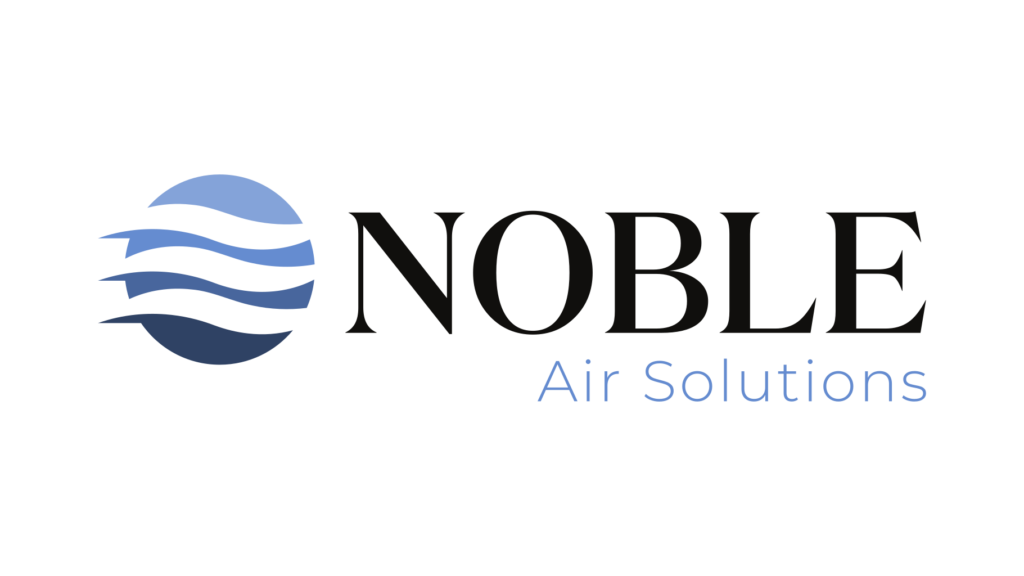Troubleshooting noise issues can be instrumental in identifying the source of these disruptions. Understanding the underlying causes of loud air conditioners or heating units is essential for effective problem-solving.
By pinpointing specific noise problems associated with ventilation or ductwork, you can take the necessary steps to address them.
Implementing practical tips and techniques for troubleshooting HVAC system noise can lead to a more serene and harmonious living or working environment.
Embrace proactive measures to tackle these noise-related challenges and savor a tranquil indoor ambience in Tallahassee.
Noise troubleshooting techniques in Tallahassee
Living in Tallahassee presents unique challenges when it comes to maintaining a peaceful home environment. By understanding the common sources of noise in your HVAC system, you can take proactive steps to address any disruptions.
Identifying the root cause of a noisy compressor, addressing ductwork vibrations, resolving fan motor issues, and implementing soundproofing solutions are all crucial steps in achieving a quieter living space.
When troubleshooting noise issues, it’s important to consider key elements such as thermostat settings, refrigerant levels, compressor maintenance, condenser cleanliness, evaporator coil condition, and fan motor functionality.
By focusing on these areas, you can greatly improve your HVAC system’s performance and your overall comfort in Tallahassee.

Identifying air conditioner vibration issues
If you happen to notice unusual vibrations emanating from your cooling system, it could be a sign of potential underlying issues that require immediate attention. By familiarizing yourself with the common triggers of air conditioner vibrations, you can accurately pinpoint the root cause of the problem and avert further harm to your HVAC unit.
Regular checks on the blower, insulation, and filters are crucial steps in identifying and resolving potential vibration issues.
Examining the dampers, expansion valve, and other components can help in ensuring the smooth operation of your air conditioning system.
Taking these proactive measures, along with routine maintenance practices like filter replacements and insulation checks, can enhance the efficiency of your HVAC system and maintain a pleasant indoor atmosphere.
Key Points for Preventing Air Conditioner Vibrations
- Regular checks on the blower, insulation, and filters are crucial in identifying and resolving potential vibration issues.
- Examining the dampers, expansion valve, and other components can help ensure the smooth operation of your air conditioning system.
- Taking proactive measures, along with routine maintenance practices like filter replacements and insulation checks, can enhance the efficiency of your HVAC system.
Ductwork insulation for noise reduction
In environments where HVAC systems generate excessive noise, finding a solution through ductwork insulation is essential. Various materials like fiberglass insulation, foam insulation, and mass-loaded vinyl can be used for this purpose.
Proper installation is crucial for effective noise reduction, requiring the sealing of air leaks in ductwork and insulating ducts in key areas to minimize sound transmission.
Insulating ductwork not only reduces noise but also enhances energy efficiency by preventing airflow disruptions.
By addressing common causes of noise in HVAC systems and utilizing the right insulation materials and installation techniques, a quieter and more efficient system can be achieved.
Understanding thermostat settings for HVAC quietness
Creating a peaceful indoor environment involves more than just setting the thermostat. To achieve HVAC quietness, it is essential to consider various aspects such as fan speed, temperature settings, and ductwork vibrations.
By adjusting these key factors, you can minimize noise levels and enjoy a quieter home without sacrificing comfort.
When it comes to maximizing your HVAC system’s efficiency and reducing noise, paying attention to details like refrigerant leaks, condensation, drain lines, humidity levels, and energy efficiency is crucial.
Temperature control plays a significant role in maintaining a quiet environment, while proper adjustments can help minimize compressor noise. Taking these factors into account and optimizing your thermostat settings can make a significant difference in the overall quietness of your HVAC system.
Preventing compressor humming sounds
If you’re tired of dealing with annoying humming sounds emanating from your compressor, there are several key steps you can take to address this issue effectively. Air quality plays a significant role in the overall performance of your HVAC system, so ensuring that all components are properly maintained is crucial.
Installing a humidifier can also help regulate moisture levels in the air, reducing the likelihood of vibrations that can lead to unwanted noise.
Incorporating smart home technology into your HVAC system can provide more precise control over settings, helping to minimize any potential sources of noise.
By prioritizing energy savings and investing in regular maintenance, you can enjoy a quieter and more efficient home environment.
Proper fan motor maintenance for quiet operation
Fan motors play a crucial role in maintaining indoor comfort and ensuring the quiet operation of HVAC systems. Neglecting proper upkeep of these components can result in various issues, including noisy operation and potential electrical issues.
One common culprit that can disrupt the smooth functioning of fan motors is the accumulation of dust and debris, which can put strain on motor bearings and lead to unnecessary noise.
Regular cleaning of these essential components is vital in preventing such problems.
Another factor to be mindful of is the condition of fan blades; loose or damaged blades can cause vibrations and loud noises that disrupt the desired tranquility. Checking and tightening the fan blades as needed can help preserve the peace and extend the lifespan of the fan motor.
Applying lubrication to fan motors when necessary is another key aspect of proper maintenance. Without adequate lubrication, friction and wear on the motor can increase noise levels and lead to further electrical issues.
| Importance of Fan Motors | Proper Maintenance |
|---|---|
| Regular cleaning of fan motors prevents noisy operation | Regular cleaning of fan motors is vital |
| Checking and tightening fan blades helps preserve peace | Checking and tightening fan blades is essential |
| Applying lubrication reduces friction and wear on the motor | Applying lubrication is key for proper maintenance |
Troubleshooting condenser rattling vibrations
Understanding the underlying causes behind unsettling noises within your HVAC system is crucial when encountering issues such as rattling vibrations. These vibrations can arise from a multitude of factors, ranging from noisy compressors to ductwork malfunctions or fan motor irregularities.
To effectively tackle these disruptions head-on, pinpointing the exact source is paramount for implementing the appropriate solutions.
Through a methodical approach detailed in this guide, you will be equipped to troubleshoot and rectify rattling vibrations, guaranteeing optimal functionality and efficiency of your HVAC setup
Importance of proper filter maintenance.
Ensuring proper maintenance for your HVAC system is essential for optimal performance and longevity. Without regular upkeep and filter changes, you put your system at risk of blockages that can result in decreased airflow and efficiency.
Dirty filters can lead to a variety of problems, including increased energy consumption and potential breakdowns.
Keep an eye out for signs like reduced airflow, strange noises such as clicking sounds or squealing, and unpleasant odors in your home.
By staying proactive with filter maintenance, you not only prolong the lifespan of your HVAC system but also enhance indoor air quality and reduce health risks associated with poor air circulation. Don’t overlook the impact of something as simple as a clean filter on your system’s overall functionality and durability.
HVAC Maintenance
- Regular maintenance can improve energy efficiency by up to 15%
- Dirty filters can increase energy consumption by 15% or more
- Proper maintenance can extend the lifespan of your HVAC system by several years
- Poorly maintained HVAC systems are more likely to break down during peak usage times
Hvac System Odor Removal Tallahassee: Freshen Your Indoor Air Today
Hvac System Efficiency Tips Tallahassee: How to Enhance Your Homes Cooling System
